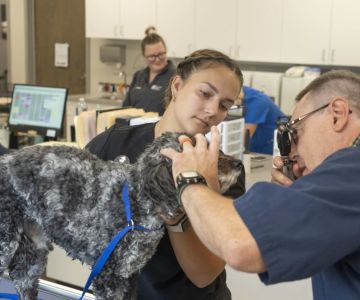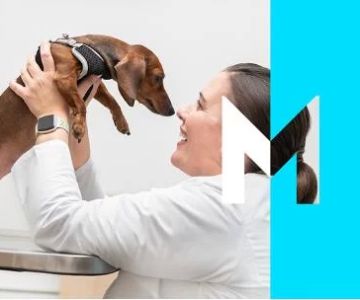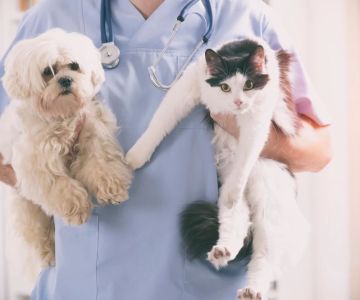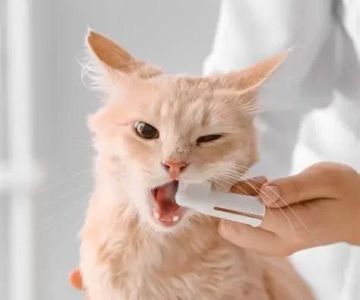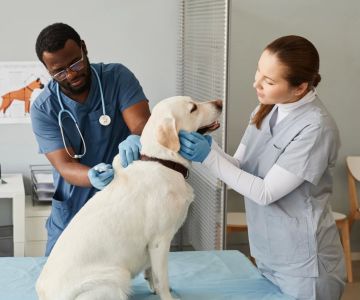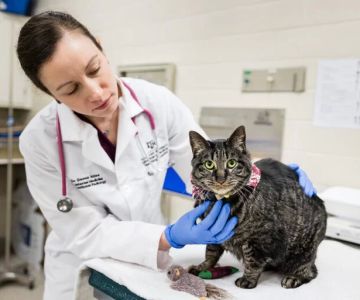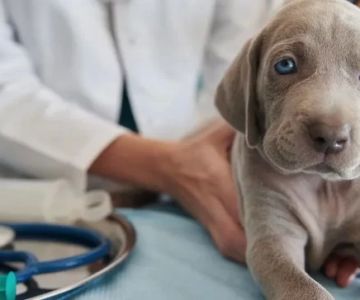How to Pronounce Veterinarian in English
- 1. Introduction
- 2. Pronunciation Tips for Veterinarian
- 3. Common Mistakes When Pronouncing Veterinarian
- 4. Alternative Terms for Veterinarian
- 5. Importance of Accurate Pronunciation
- 6. Conclusion
1. Introduction
Have you ever found yourself hesitating when saying the word "veterinarian"? You’re not alone. While it may seem like a straightforward term, many people struggle with the proper pronunciation of this word, especially if English isn’t their first language. The word “veterinarian” is crucial in the context of animal care, so getting it right is important when discussing pet health, veterinary professionals, or even when seeking advice for your furry friends.
This article will guide you through the correct pronunciation of “veterinarian,” common mistakes to avoid, and why precise pronunciation matters when communicating with others, particularly in the medical and animal care fields. Let’s dive into how to say it correctly and confidently!

19507 Interstate 45 N STE 700, Spring, TX 77388, USA
See Details2. Pronunciation Tips for Veterinarian
The word "veterinarian" is often mispronounced, so it’s essential to break it down properly. Here’s the correct way to pronounce it:
The word "veterinarian" is typically pronounced as /ˌvɛtərəˈnɛriən/ or /ˌvɛtərɪˈnɛriən/. The most common way to pronounce it is:
- First syllable: "vet" (rhymes with "set")
- Second syllable: "er" (pronounced as "uh")
- Third syllable: "i" (pronounced as a short "i," like the "i" in "bit")
- Fourth syllable: "nar" (pronounced "nair")
- Fifth syllable: "ian" (pronounced "ee-uhn")
When you say it all together: "vet-er-i-na-ri-an," it should flow smoothly with emphasis on the second-to-last syllable "nair." It’s important not to stress the first or last syllable too much.
3. Common Mistakes When Pronouncing Veterinarian
While the correct pronunciation of “veterinarian” may seem straightforward, there are a few common mistakes that people make:
- Overemphasis on the first syllable: Some people mistakenly say "VET-er-in-AR-i-an," stressing the first syllable more than necessary. This is incorrect, as the primary stress should be on the second-to-last syllable.
- Mispronouncing the “i” in the middle: Instead of saying “vet-er-i-na-ri-an,” some might say “vet-er-a-ree-an,” changing the “i” sound to a long “e.” The correct sound is a short “i,” as in “bit.”
- Ignoring the second “e” sound: Some individuals might drop the "e" sound in the second syllable and say “vet-er-in-air-an,” which is not correct.
Being aware of these common mistakes can help you perfect the pronunciation and make you sound more confident when using the term "veterinarian." Remember, it’s all about stressing the right syllables and using the correct vowel sounds.
4. Alternative Terms for Veterinarian
While “veterinarian” is the most commonly used term, there are some alternative ways to refer to animal doctors, particularly depending on the context or region:
- Vet: This is the most common informal and widely accepted abbreviation for “veterinarian.” It's simple and easy to remember. In fact, most people use “vet” in everyday conversations.
- Animal doctor: Some people prefer to use this straightforward term to describe a veterinarian, especially in casual conversations with kids.
- Animal health specialist: This term is sometimes used to describe veterinarians, especially those who specialize in specific fields like cardiology or oncology.
These terms can often be used interchangeably, but it’s always best to use “veterinarian” in professional and medical contexts. In casual situations, “vet” will suffice, but knowing the proper pronunciation of “veterinarian” is essential when talking to professionals or in more formal discussions.
5. Importance of Accurate Pronunciation
Pronouncing “veterinarian” correctly is important not only for sounding professional but also for building trust and rapport in conversations. When discussing your pet’s health with veterinarians, having the right pronunciation shows respect for the profession and demonstrates that you are taking the issue seriously.
Mispronunciations might make you sound less confident, especially when talking to veterinary professionals or in formal settings. A proper pronunciation helps avoid misunderstandings, especially in medical contexts where accurate communication is crucial to ensure the well-being of animals. For example, a well-spoken pet owner can explain symptoms more clearly, helping veterinarians diagnose and treat pets more effectively.
6. Conclusion
In conclusion, understanding how to pronounce “veterinarian” correctly is a small but important step in building communication with veterinary professionals. Whether you are seeking advice for your pet or talking to other animal lovers, using the proper pronunciation can help you sound more confident and knowledgeable.
If you’re looking for expert veterinary care or advice, don't hesitate to visit Hidden Brook Veterinary for trusted guidance and high-quality services tailored to your pet’s needs.
SEO Title: How to Pronounce Veterinarian in English SEO Keywords: how to pronounce veterinarian, pronunciation of veterinarian, correct pronunciation of veterinarian, veterinarian in English SEO Description: Learn how to pronounce "veterinarian" correctly in English with our easy-to-follow guide. Discover tips, common mistakes, and why accurate pronunciation is important for pet health communication.

